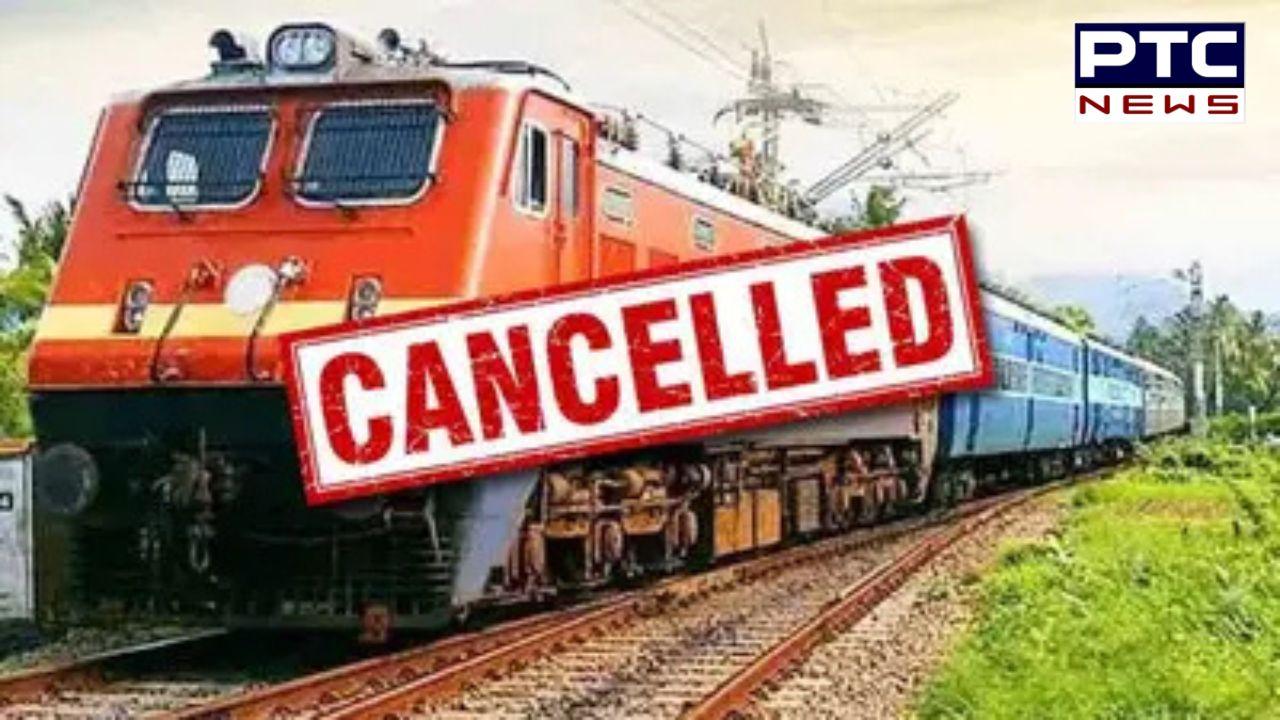

Indian Railways cancels several summer special trains effective mid-June
PTC Web Desk: In a sudden move, the Indian Railways has cancelled several summer special trains that were introduced to manage the seasonal surge in passenger traffic. These trains, originally scheduled to operate until July, were aimed at easing travel during the summer rush. However, the Railways announced their cancellation effective mid-June, leaving thousands of travellers stranded or seeking alternative arrangements.
Many passengers had already booked tickets on these special trains, hoping to avoid long waitlists in regular services. However, on June 16, the Railways decided to cancel multiple routes, including trains running between: Bathinda and Varanasi (Train No. 04519/04520); Chandigarh and Lucknow (Train No. 04209/04210); Anand Vihar and Ayodhya (Train No. 04213/04214 and 04070/04069) Rajgir and other regional connections.
Affected passengers were notified via SMS, and station announcements were instructed to inform travellers about the cancellations.
The cancellation comes at a time when regular trains are witnessing extreme demand, with waiting lists crossing 100 in several key sectors. Many travellers from cities like Ambala, Bathinda, and Chandigarh are finding it increasingly difficult to secure confirmed tickets for Uttar Pradesh and Delhi-bound trains.
The Summer Special trains were intended to provide relief by offering additional capacity during peak vacation periods. In particular, the Bathinda–Varanasi Special (04519/04520), launched on May 21, was scheduled to run until July 10 with bi-weekly up and down services. Likewise, the Chandigarh–Lucknow Special (04209/04210) was seeing bookings from passengers boarding at Ambala and other intermediate stations and was scheduled through July 10.
Senior Divisional Commercial Manager of Ambala Division, Naveen Kumar, stated that the primary reason for the cancellations was financial loss. According to him, many of the special trains were operating with low occupancy, and the anticipated passenger turnout never materialised.
“Despite the publicity and additional service, passengers were not opting for these special trains in sufficient numbers. Operating these services under such conditions was not viable,” said Kumar.
- With inputs from agencies
